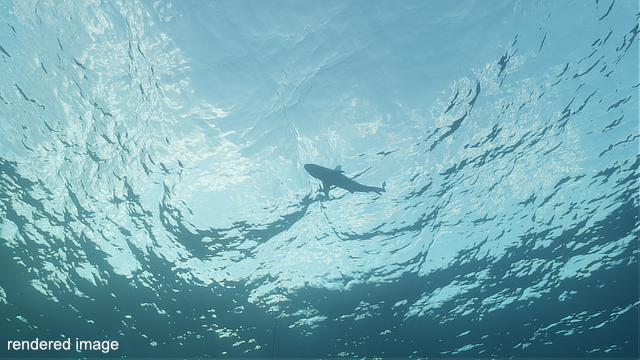
Embrace The Future of Hull Inspection
Advanced AI Biofouling Analysis of Inspection Videos
Our new flagship product HullSight Ultimate is here. Transform your inspection workflow with our cutting-edge AI to automatically detect and classify biofouling. Turn images into actionable insights, reduce manual labor, and improve inspection accuracy to provide exceptional service to your clients.
Learn about HullSight UltimateAtlantic Tech & Candy’s innovative synthetic underwater imagery approach revolutionizes marine computer vision, offering unmatched detail and accuracy. Advance your marine research and commercial projects with cutting-edge technology designed to provide clear, actionable insights in the most challenging environments.
What We Do
Identify Biofouling
Here’s a demonstration of our system in action. The image on the left displays marine fouling on a ship hull. Our advanced marine computer vision algorithm analyzes each pixel to determine if it represents a clean surface or a specific type of fouling. This analysis enables us to accurately quantify the percentage of fouling for each identified type.

Revolutionizing Marine Computer Vision
Marine computer vision remains inherently challenging due to the scarcity of annotated training data, hindering the development of accurate algorithms. To bridge this gap, Atlantic Tech & Candy has specialized in the creation of large-scale, high-quality synthetic subsea image datasets. We showcase the efficacy of this innovative approach by employing it to detect and identify marine growth on ship hulls, underscoring its transformative potential in advancing underwater image analysis and maritime applications.
Who We Are
Driven by Fascination
The ocean surface separates two worlds. Jump into the water, and only a few centimeters below the surface you will experience a strange, and fascinating world. Doing subsea computer vision in this alien environment is a challenging task. And it’s our fascination for this underwater world that drives us to provide you with world-class rendering and computer vision solutions.
We are a German high-tech company with many years of experience in computer graphics and AI.
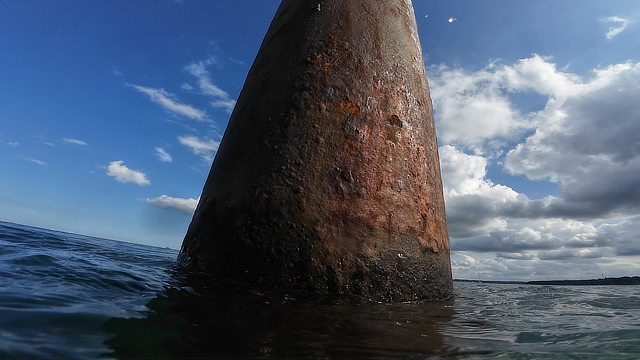
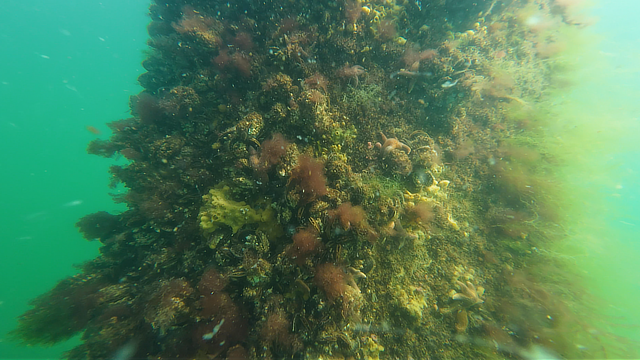
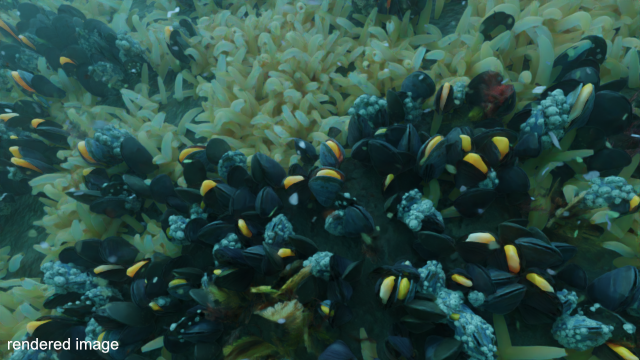

The Unfair Advantage
Synthetic Subsea Imagery
One of the biggest challenges in marine computer vision is the acquisition of annotated training data. To overcome this limitation we specialized in generating high-quality synthetic underwater imagery. Synthetic underwater images are computer-generated images that simulate an underwater environment on a realistic level. Only we have access to our ever growing database of thousands of annotated images.
Full Flexibility
Ship Hulls, Offshore, Infrastructure
Our biggest advantage is the ability to quickly adapt our simulation environment to different scenarios. Based on your requirements we are able to train computer vision models tailored to your needs.
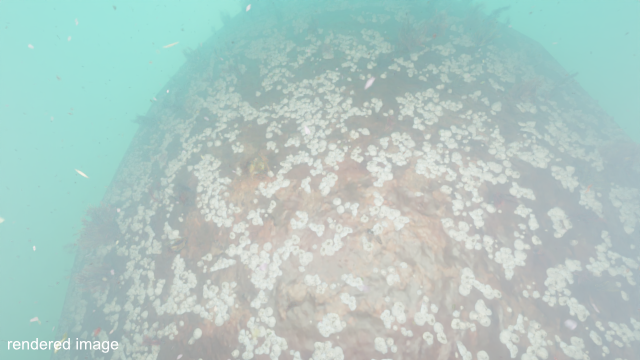
Our Services
Marine Computer Vision
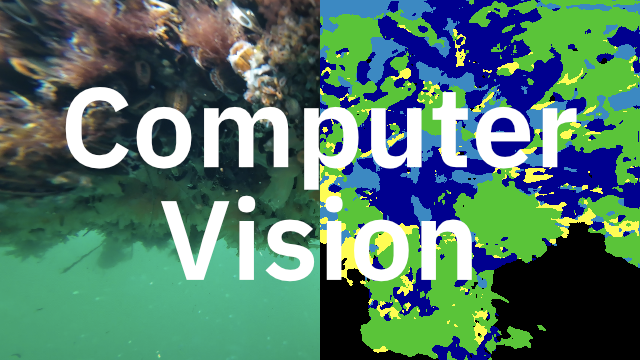
We train marine computer vision models tailored to your needs.
Synthetic Data

We generate synthetic marine imagery to train computer vision models. We also render underwater imagery based on your specific needs.
Research & Development

We participate in research & development projects to bring the field of underwater computer vision forward.
Newsletter
Contact Us
